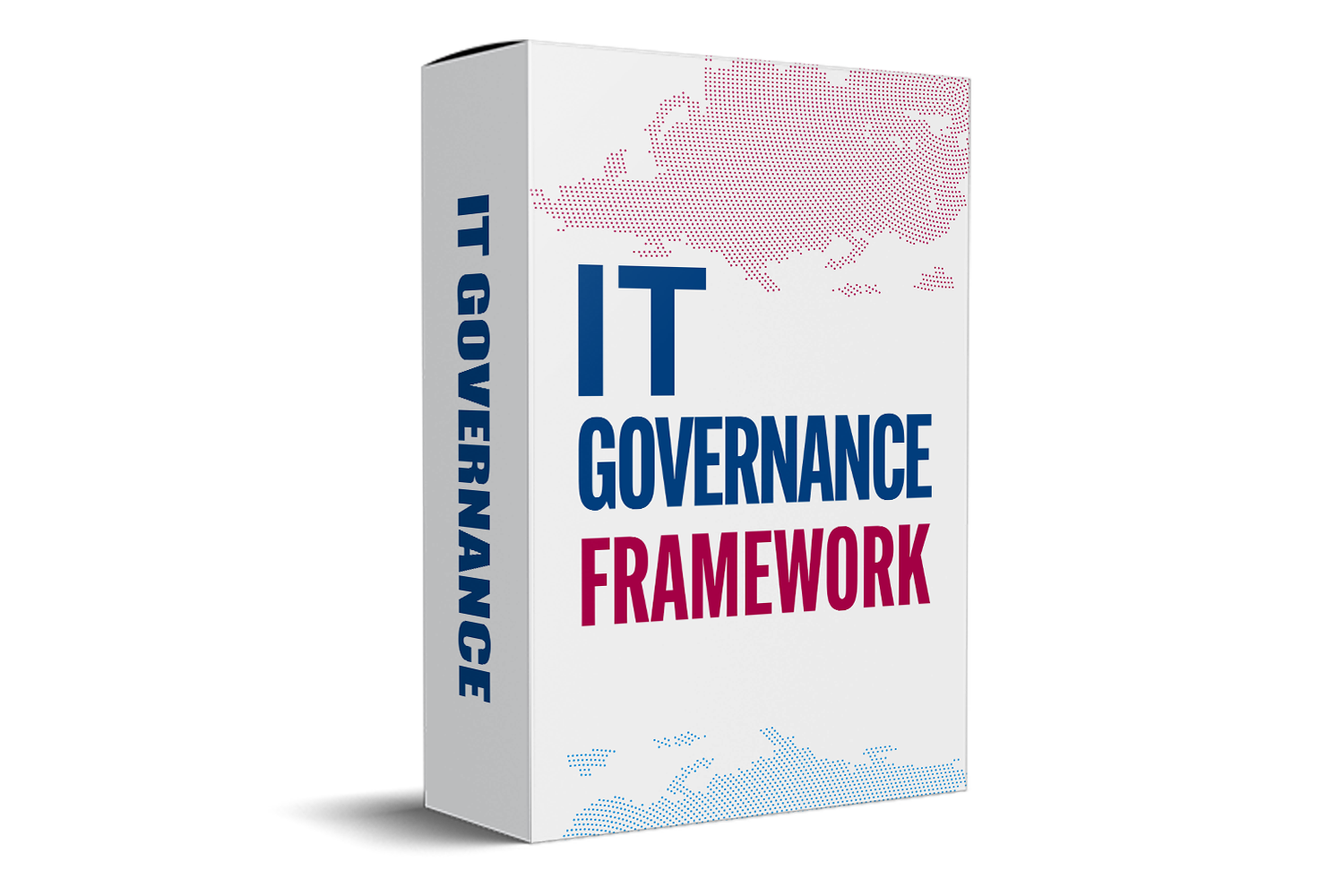GDPR : Article 21 - Right To Object
Overview
General Data Protection Regulation (GDPR) was implemented by the European Union (EU) on May 25, 2018, ushering in a transformative era for data protection. Among the array of rights enshrined within the GDPR, the "Right to Object" stands as a cornerstone, empowering individuals to exert influence over the processing of their personal data.
This Article 21 of GDPR delves into the multifaceted dimensions of the Right to Object, exploring its profound significance, the breadth of its application, the challenges it entails, its procedural intricacies, and its profound impact on data controllers and processors.

Understanding the Right to Object
The Right to Object is a fundamental component of the GDPR, enshrined in Article 21. It provides individuals with the power to object to the processing of their personal data under certain circumstances.
This right is particularly relevant in scenarios where data processing is conducted based on legitimate interests pursued by the data controller or for the performance of a task carried out in the public interest. It also applies when data is processed for direct marketing purposes or scientific/historical research.
Empowering Individuals Control
The Right to Object, a pivotal aspect of the GDPR, empowers individuals by placing them at the helm of their personal data. By allowing objections to data processing, individuals gain the authority to influence how their information is used. This control fosters a proactive approach, transforming individuals from passive data subjects into active participants.
It reinforces the principle that data processing should align with individuals' preferences and interests, emphasizing their autonomy. Through the Right to Object, individuals can actively shape the data landscape, promoting a harmonious balance between technological advancement and personal privacy while instilling a sense of empowerment in the digital age.
Scope of the Right to Object
The scope of the Right to Object within the GDPR is expansive and adaptable. Individuals possess the authority to object to their data being processed for direct marketing without needing to provide explicit reasons. Moreover, this right extends to situations where data processing relies on legitimate interests, enabling objections when an individual's unique circumstances warrant it.
This dynamic scope acknowledges the diversity of contexts in which data processing occurs and underscores the GDPR's commitment to tailoring data protection to individual needs, ensuring that the right to object is a versatile tool for safeguarding personal autonomy.
Challenges and Limitations
Despite its significance, the Right to Object faces challenges and limitations. Data controllers must delicately balance individuals' objections with their own lawful interests, potentially leading to complex decision-making processes. Furthermore, while individuals can object to data processing, data controllers can continue processing if they can demonstrate compelling legitimate grounds.
This provision prevents the right from being absolute, requiring careful consideration of conflicting interests. Navigating these challenges ensures a nuanced application of the Right to Object, harmonizing individuals' rights with legitimate data processing objectives under the framework of the GDPR.
Procedural Aspects and Enforcement
The GDPR sets out procedural requirements for exercising the Right to Object. Individuals must be informed of their right to object at the point of data collection. Data controllers must provide clear and concise information about the right, making it accessible and understandable.
This transparency ensures that individuals are aware of their options and can exercise their rights effectively. If an objection is raised, data controllers must promptly assess the request and cease processing unless they can establish compelling legitimate grounds.
Impact on Data Controllers and Processors
The introduction of the Right to Object under the GDPR significantly influences the operations of data controllers and processors. They must adapt their practices to accommodate individuals' objections, which can require adjustments to data processing workflows and systems.
This entails establishing streamlined objection mechanisms, enhancing communication with data subjects, and ensuring efficient objection resolution. Moreover, data controllers and processors must continually assess their processing activities, considering objections raised and potential changes to processing methods to align with the GDPR's principles and individuals' rights.
Conclusion
Right to Object is a testament to the GDPR's adaptability and its emphasis on preserving human dignity in the digital realm. As societies grapple with the evolving dynamics of data usage, the Right to Object stands as testament to the power of individuals in shaping a future where data protection and individual agency coalesce harmoniously.



